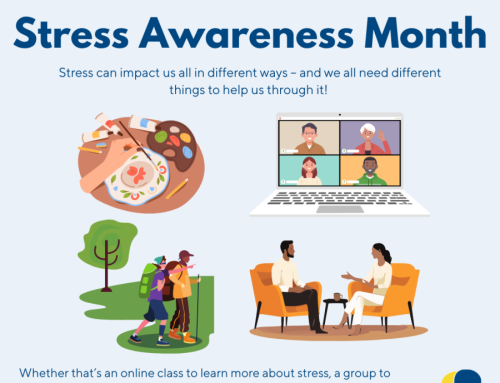This month I was fortunate to be offered training with the Black Health Agency’s BHA Skyline Team, who provide a HIV support service in Leeds. BHA was originally set up 28 years ago as a response to the lack of information and services available to Black communities in Manchester around HIV services and they have developed expertise in wider sexual and physical health issues across the North of England. In Leeds BHA Skyline offers support to all residents affected by HIV including family or friends of those infected and also testing and prevention work targeted at Black African adult communities living in Leeds.
It feels like it must have been at least 20 years since I really considered what I know about HIV and in that time there have been a lot of advancements in how it is treated. I was reminded that the Human Immunodeficiency Virus is difficult to transmit i.e only via blood, sexual body fluids or breast milk and even then quantity and quality of body fluids will affect the risk of transmission. If you contracted HIV and it was not treated, this would cause your immune system to be compromised leading to AIDS.
As part of my training we saw a test for HIV antibodies before our eyes – it was quick finger prick blood test giving results within 5 minutes, a bit like a pregnancy test. We were surprised this was so straight forward, having waited weeks or even months for blood test results.
We learned that last year about 89,000 people were estimated to be living with HIV in the UK of which almost a third are from a black African background. A key concern is that many people – 1 in 3 – receive a late diagnosis (in Black African communities over half of people diagnosed are diagnosed late), this means that when they are diagnosed their ability to fight infection is comprised and it is harder to benefit from treatment.
For people at higher risk there are medications available to prevent transmission and where HIV is contracted treatment can reduce viral load to undetectable levels if a person adheres to treatment. It’s not a cure but having an undetectable viral load basically means HIV cannot be transmitted and HIV cannot develop into AIDS.
Despite the increased understanding and impressive developments in management of HIV this virus still carries a stigma and can be difficult to live with. As with other long term conditions people diagnosed with HIV are estimated to have higher rates of depression – about twice as many as in the general population. At Touchstone IAPT we offer a range of treatments for depression and a recent review of our patients revealed about a third are living with long term conditions, including HIV.
There will be a World AIDS day event in Leeds to remember those lost and celebrate the lives of those living with HIV. You are welcome to come on Friday 30th November, 2018 from 6-7pm at Mill Hill Chapel, City Square, Leeds, LS1 5EB.
You can learn more about HIV and the work of BHA skyline including Peer Mentor opportunities at https://www.thebha.org.uk/
You can read more about Touchstone IAPT here: https://www.touchstonesupport.org.uk/services/improving-access-to-psychological-therapies-iapt-service/
http://www.aidsmap.com/ and https://www.tht.org.uk/ provided the statistics for this blog but provide answers for all sorts of questions and further information including the campaign for zero HIV: zero stigma and zero transmissions.
Written by Geraldine Montgomerie-Greenwood
Featured image by Geraldine Montgomerie-Greenwood





